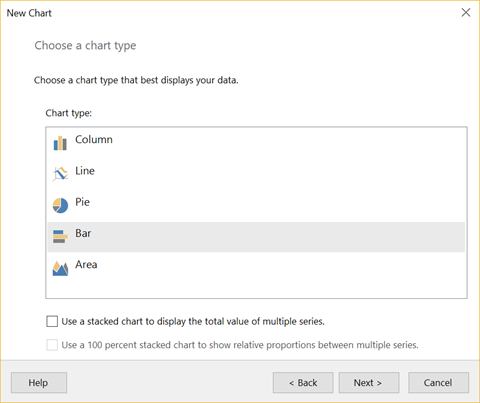Oracle CASE expression allows you to add if-else logic to SQL statements without having to call a procedure. Case Statement on Multiple conditions in Oracle. Browse other questions tagged sql oracle case or ask your own question.
Assigning values to a variable in. Each comparison is tested in turn and the associated value returned if a match is found. Moreover, using the CASE function, multiple conditions provided in separate SQL queries can be combined into one, thus avoiding multiple.
You can use a CASE expression in any statement or clause that accepts a valid expression. A CASE expression evaluates a list of conditions and returns one of multiple possible result expressions. Either add another WHEN to handle the other values or use your WHERE clause to only return Day Start values if that is your goal. It’s a part of the SQL syntax and is actually an “expression” or a “statement”. How to return multiple values using case in sql ? Both formats support an optional ELSE argument.
Hi, Harsha, As Alex sai and Centinul illustrated so well, indent CASE expressions so that every END statement is directly below its correspond CASE , with nothing but white space between them. For a simple CASE expression, the expr and all comparison_expr values must either have the same datatype (CHAR, VARCHAR NCHAR, or NVARCHAR NUMBER, BINARY_FLOAT, or BINARY_DOUBLE) or must all have a numeric datatype. If all expressions have a numeric datatype, then Oracle determines the argument with the highest numeric precedence, implicitly converts the remaining arguments to that datatype, and returns that datatype.
It tests one expression against multiple values , this makes it great for transforming one set of values , such as abbreviations to their corresponding long form. It is good when you wish to work with. An expression whose value is used to select one of several alternatives. This value will be treated as a selector for this CASE statement now.
So, once a condition is true, it will stop reading and return the result. If no conditions are true, it returns the value in the ELSE clause. A selector can be anything such as variable, function, or expression that the CASE statement evaluates to a Boolean value.
WHEN (column= awe and column= kls) THEN 2. The SQL CASE Statement. However, sometimes, you may want to insert multiple rows into a table or multiple tables. Oracle provides you with two types of multitable insert statements: unconditional and conditional. Updating multiple columns using Case.
Problem with above is, each column (x, y) still gets updated with their own value if some_more_conditions return true irrespective of their specific conditions returning true. If you specify a column should be updated then it will always be updated (Either with new value according to the condition or with original value). Can somebody please help me with an example or a skeleton of how a query should be formed?
Multiple rows are inserted into a table using the INSERT ALL statement and by using the inserting the of the select query. This statement creates the PEOPLE table. Make sure you grab the Oracle manuals. END ) column_name When I run the query, the case statement seems to be evaluating only the first condition and ignores the send condition where the values exist.
First, the CASE statement evaluates the contents of a variable and returns a value (implemented as a function). You may have to register before you can post: click the register link above to proceed. Although we recommend that you use the CASE expression rather than the DECODE function, where feasible we provide both DECODE and CASE versions of each example to help illustrate the differences between the two approaches. Oracle SQL : displaying multiple column values per row Oracle Database Tips by Donald Burleson Until 11g, Oracle SQL did not have a direct mechanism for allowing multiple values from the same column to be displayed in the same row of output. SQL is designed not to disallow repeating values on a single line of output,.
Insert Multiple Values in Table. CondVal ELSE END as Value. There are two types of CASE statement, SIMPLE and SEARCHED. You cannot evaluate multiple expressions in a Simple case expression, which is what you were attempting to do. Oracle is able to search the index for the value provided.

From there it goes to the previous value - the maximum less than the search value. This fetches the employee ID before the variable - even if there are gaps. X are the values you want to give to the columns.
An example of a condition could i. Unless you have insured that a row cannot have the same non-null values for any of date date and date you have to decide how to deal with ties. I assumed datebeats datebeats datein any ties. SQL is a language to work on sets, so think of your data in database as elements in sets, and your WHERE clause is a way to extract those elements of interest using set expression.
Geen opmerkingen:
Een reactie posten
Opmerking: Alleen leden van deze blog kunnen een reactie posten.